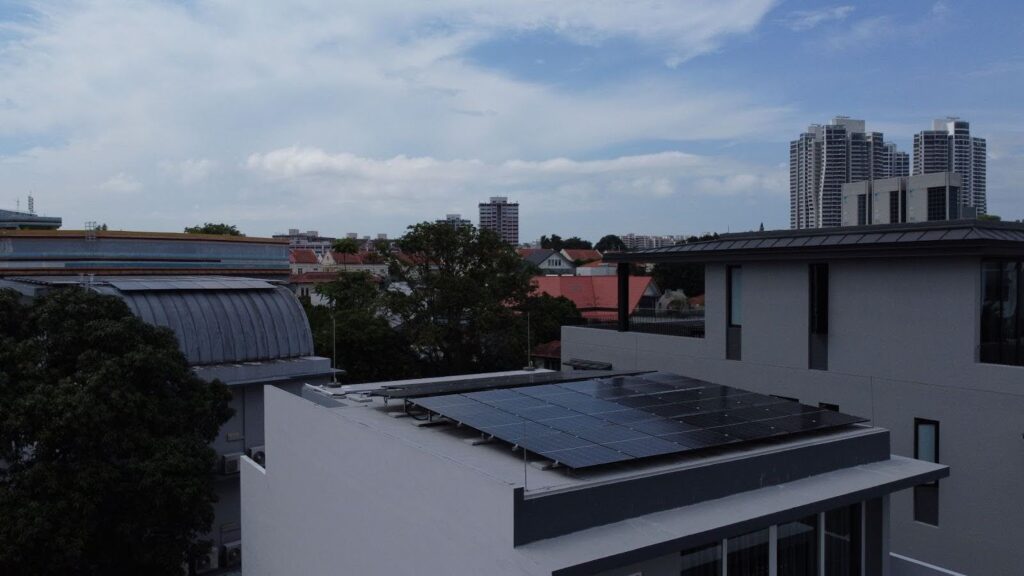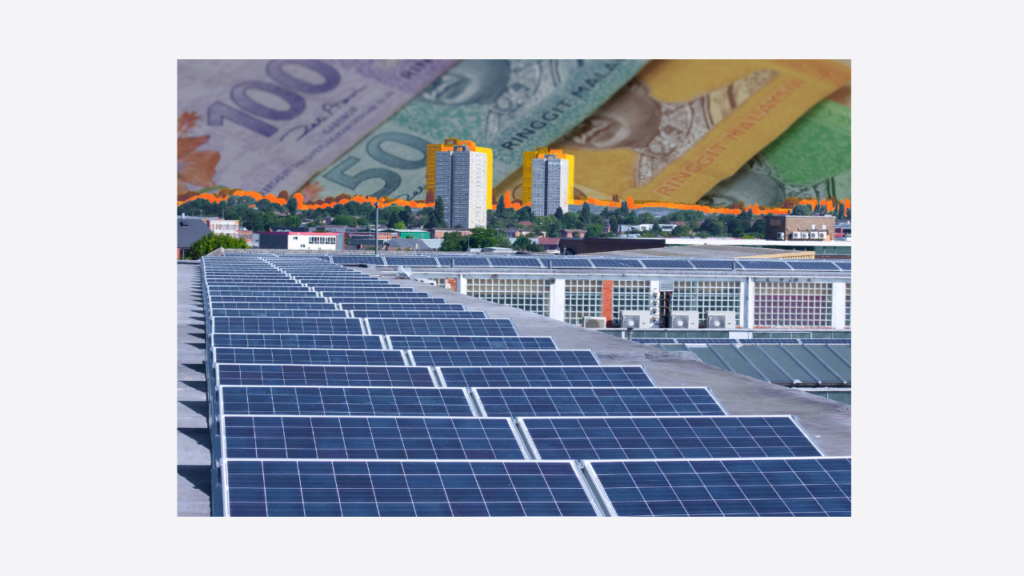Watts the deal with this electrical unit? In this brief informative article, we’ll be aiding you in understanding this basic electrical unit, including the watt’s and the why’s. Without further ado, let’s get started!
What Are Watts?
The History Behind Watts
Before we begin, here’s a quick history lesson on how we came to use watts in our day-to-day life, on fridges, on computers, and quite literally, every single electrical item.
Watt, named after James Watt, the inventor of steam engines, is a unit that measures electrical power. This electrical unit was standardised in the late 19th century amid the second industrial revolution. During this period, there were significant advancements in electrical engineering, and because of this, it was necessary to have a standardised unit of measurement.
The Basics of Watts
Not to be confused with Joule, another electricity measurement unit, a Watt is when one ampere flows under the pressure of one volt.
In simple terms, think of a watt as a measure of power, like how powerful a light bulb is. And a joule as a measure of energy, like how much electricity the light bulb uses over time. That means if a light bulb is rated at one watt, it uses one joule of energy each second when it’s turned on.
Milliwatts (mW)
These are tiny units of power. To give you an idea, low-energy devices like a watch or a hearing aid typically use milliwatts.
Watts (W)
Everyday items such as your common LED light bulbs, which can use between 5 to 15 watts, and phone chargers, typically use around 5 to 25 watts.
Kilowatts (kW)
Household appliances and small machinery typically fall in the range of Kilowatts, including microwaves, air conditioning units, and electric kettles. These appliances generally range from about 1 to 1.5 kW.
Megawatts (MW)
Large facilities and local grids might measure power in megawatts. These facilities can range from anywhere to small power plants to large wind turbines, generating up to 5 MW.
Gigawatts (GW)
Gigawatts measure very large-scale power generations, such as Nuclear power stations, which produce from about 1 GW up to 1.5 GW each.
Terawatts (TW)
Terawatts measure extremely high power levels, typically in national or continental energy assessments. The global energy consumption can easily reach several terawatts.
To plant an image in your head, the total power output of all the world’s power plants combined is several terawatts!
How to Convert Kilowatt (kW) to Kilowatt hours (kWh)
Kilowatts (kW) measure power, which is the rate at which energy is being used or generated at any instant.
For example, if a dishwasher and a dryer are running simultaneously and each uses 1.5 kW of power, the total power consumption at that moment is 3 kW.
Kilowatt-hours (kWh), on the other hand, measure the total amount of energy used over a period. It combines the power consumption with the time during which that power was used.
So, if that 3 kW load runs for one hour, it consumes 3 kWh of electricity. And if we decide to let the load run for two hours, it consumes 6kWh (3kW x 2h) of electricity.
This is the unit of measurement your electric company uses to calculate your energy bill, reflecting how much energy you’ve consumed over the billing period.
How Many Kilowatts (kW) Do I Need to Power My Home?
Calculating your household’s typical energy usage in kilowatts (kW) can help you better understand your power demands and prepare for energy-efficient solutions, like solar energy.
It’s a tedious process, but you can start by:
- Listing all your high-usage appliances and their power ratings (usually found on labels or in manuals).
- Adding up the wattage of all devices that run simultaneously at peak hours, such as your fans, lights, and fridge.
- Afterwards, round up your power usage to account for smaller household items such as lighting.
In doing so, you’ll get a rough idea of your highest energy demand in kilowatts. If you’re thinking of switching to a different electricity retailer, we’ve created a simple comparison chart to help you compare electricity prices in Singapore!
What is Kilowatt Peak (kWp)?
Kilowatt peak (kWp) measures the maximum power output that a system, such as a solar setups, can produce under ideal conditions. This metric is important for evaluating the efficiency and capacity of solar systems.
For example, If a solar system’s peak power is rated at 5 kWp, this means that the solar panels can produce up to 5 kilowatts of power during optimal conditions. This figure helps to determine how much electricity the system can generate at its peak efficiency.
What’s the difference between Kilowatt (kW), Kilowatt hours (kWh), and Kilowatt Peak (kWp)?
1. Kilowatt (kW) measures the rate of energy usage or production.
2. Kilowatt hour (kWh) measures the total amount of energy used over time.
3. Kilowatt peak (kWp) measures the potential peak output under optimal conditions.
Generating Your Own Electricity from the Sun
With the rising interest in solar panels, it’s no wonder homeowners are taking advantage of these friends of the sun.
A small 5 kWp solar panel system can significantly reduce your reliance on the grid, powering major appliances like air conditioners, washing machines, and refrigerators.
On average, you’re looking at a system size that’s triple that amount, and in some cases, homeowners even get to enjoy a $0 electricity bill just from switching to solar.

Thinking about installing solar panels? Learn more about the benefits of solar panels in our comprehensive article. Otherwise, you can give our Solar Simulator a shot! Use it to estimate your cost-savings, solar panel size, and more! It’s free!





